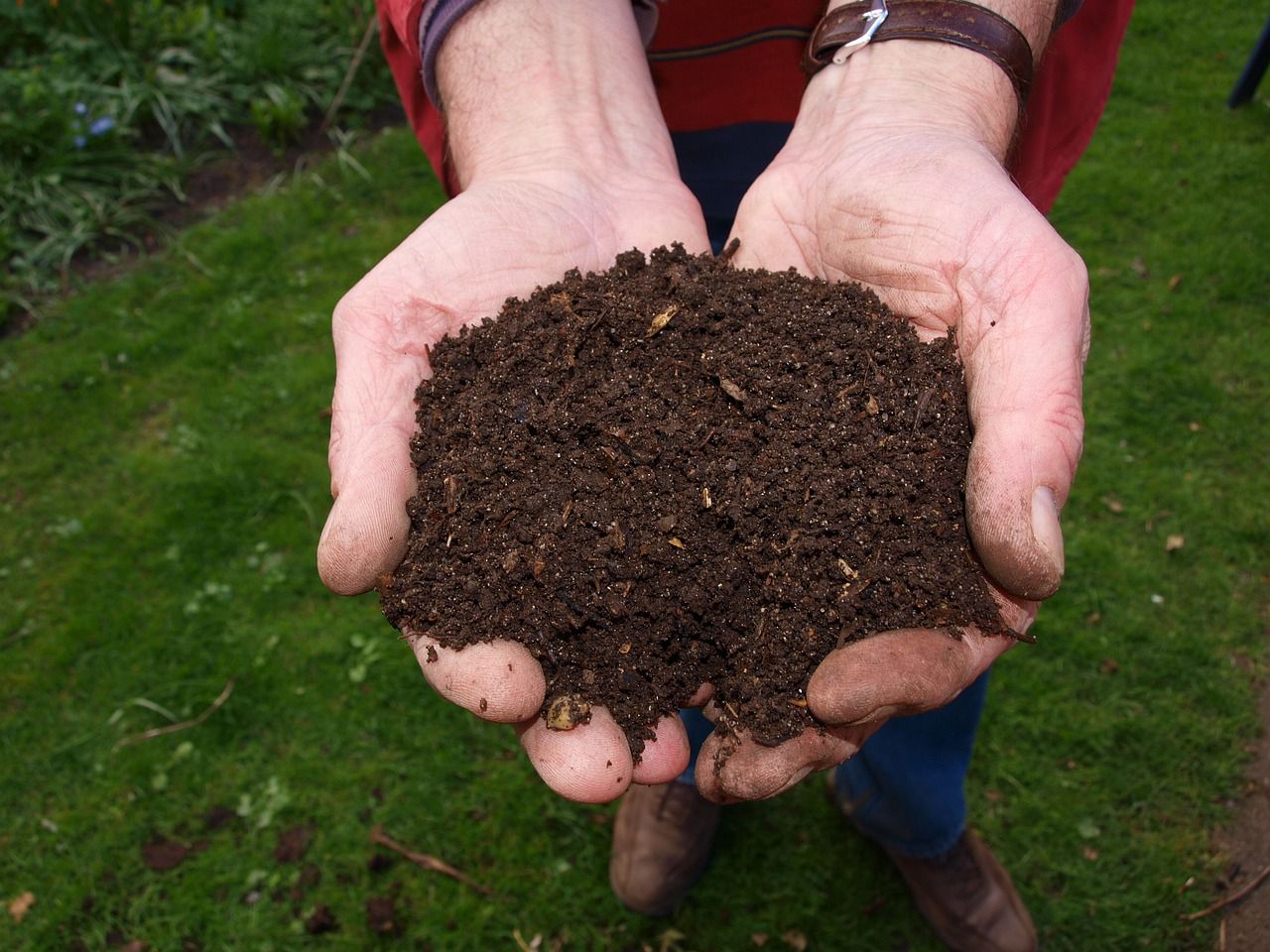If you want to fertilize your garden with organic solutions, then you should try using food waste to "feed" your garden.
Using compost can be effective and beneficial, and it's also safe for your health and the environment.
Let's find out more.

Composting
Start by setting up a composting system in your backyard or using a compost bin.
Include items like fruit and vegetable scraps, coffee grounds, tea leaves, eggshells, and non-greasy kitchen scraps in your compost pile.
Chopping and Shredding
Chop or shred larger food waste items into smaller pieces to speed up the decomposition process.
Balance the Compost
Green materials include fresh food waste, grass clippings, and plant trimmings, while brown materials consist of dry leaves, straw, and shredded newspaper.
Turning and Aerating
Regularly turn and aerate the compost pile using a pitchfork or garden tool.
The compost should be moist, like a damp sponge, so water it occasionally if it becomes dry.
Patience and Time
Composting takes time, typically several months to a year, depending on various factors such as the composting method, temperature, and the materials used.
Applying Compost to the Garden
Spread a layer of compost over your soil or mix it into planting holes.
Avoid Meat, Dairy, and Oily Foods
While many food scraps can be composted, it's best to avoid adding meat, dairy products, and oily foods to your compost pile.
These items can attract pests or create unpleasant odors.













